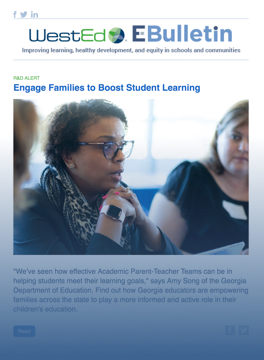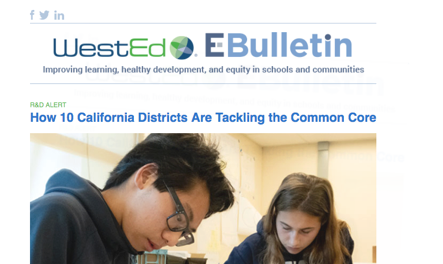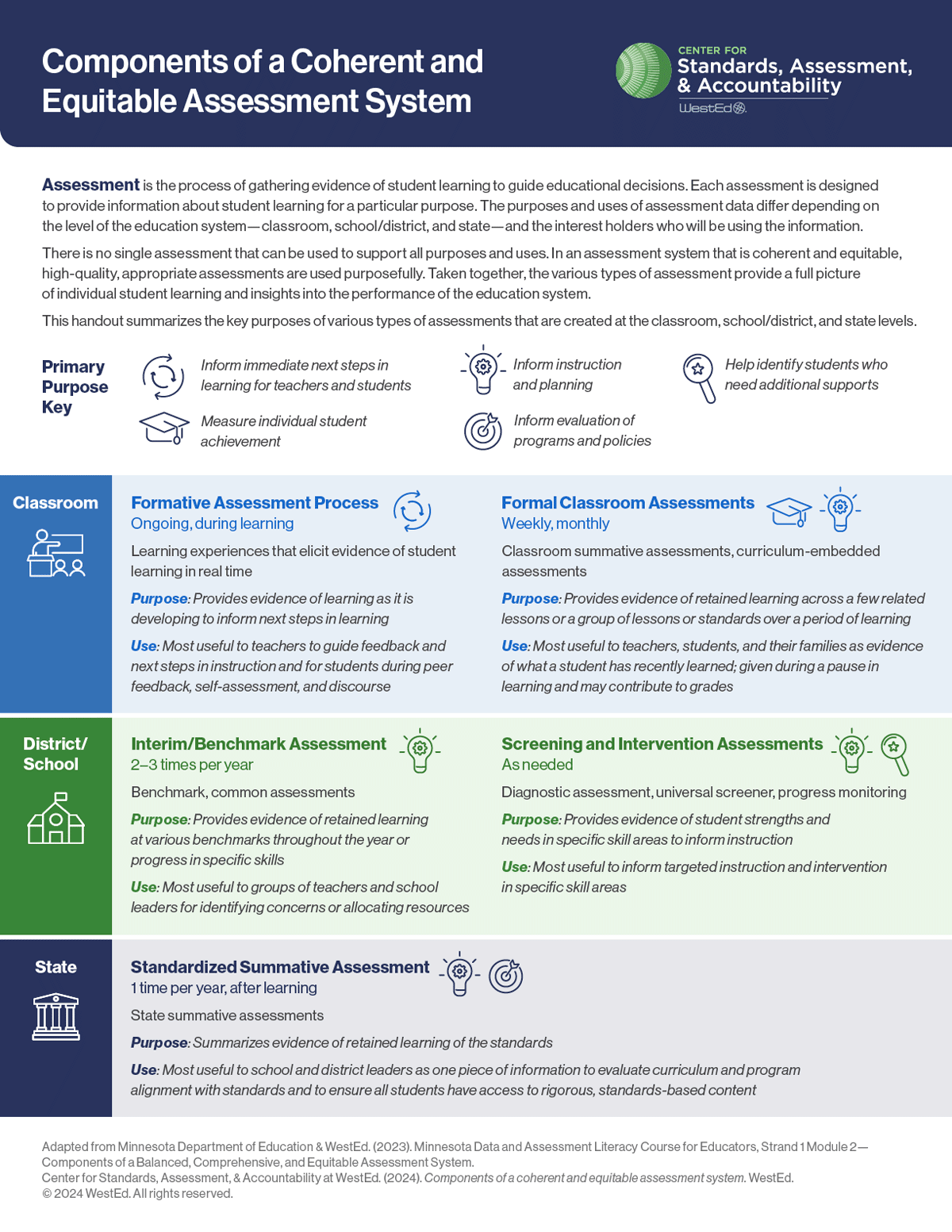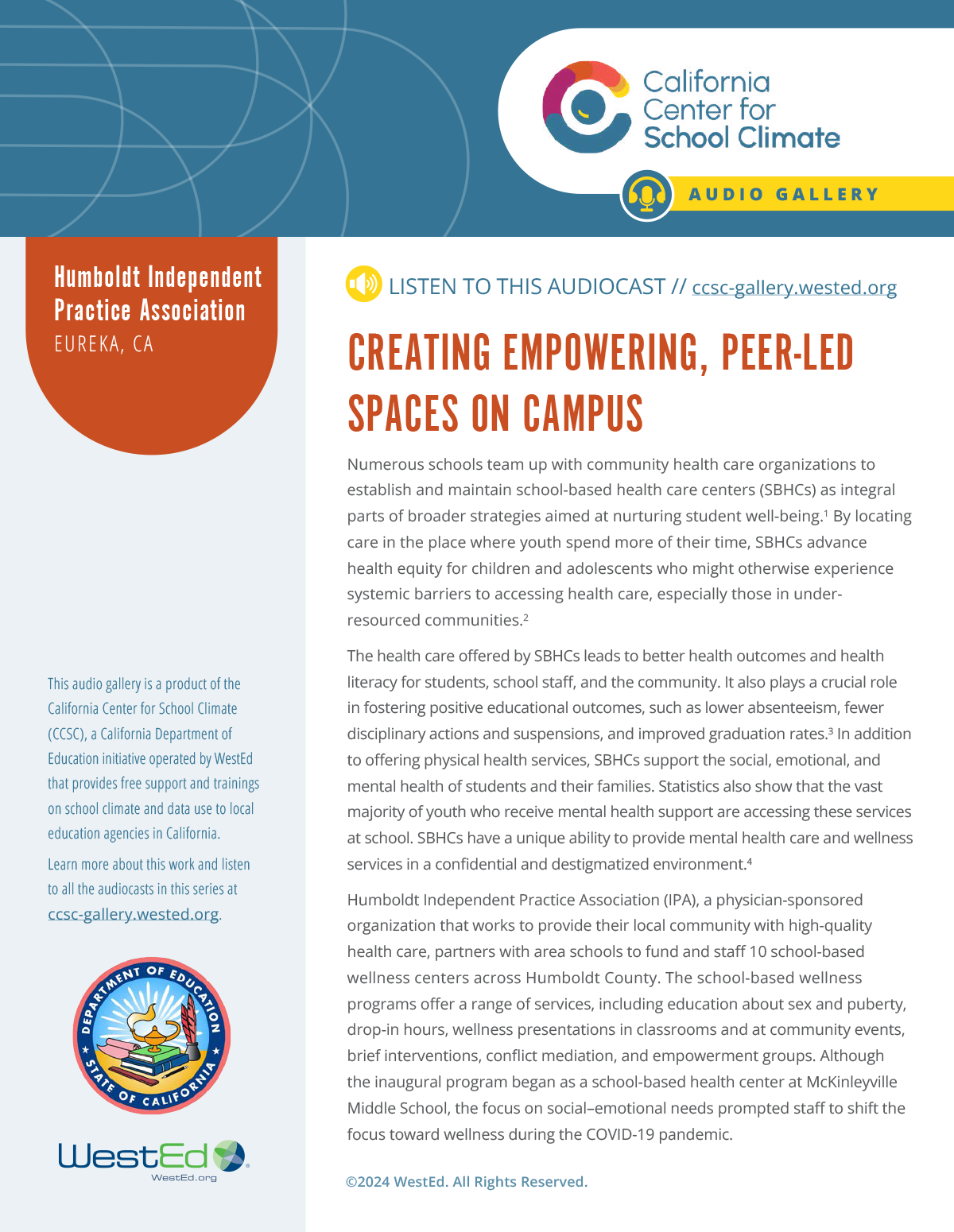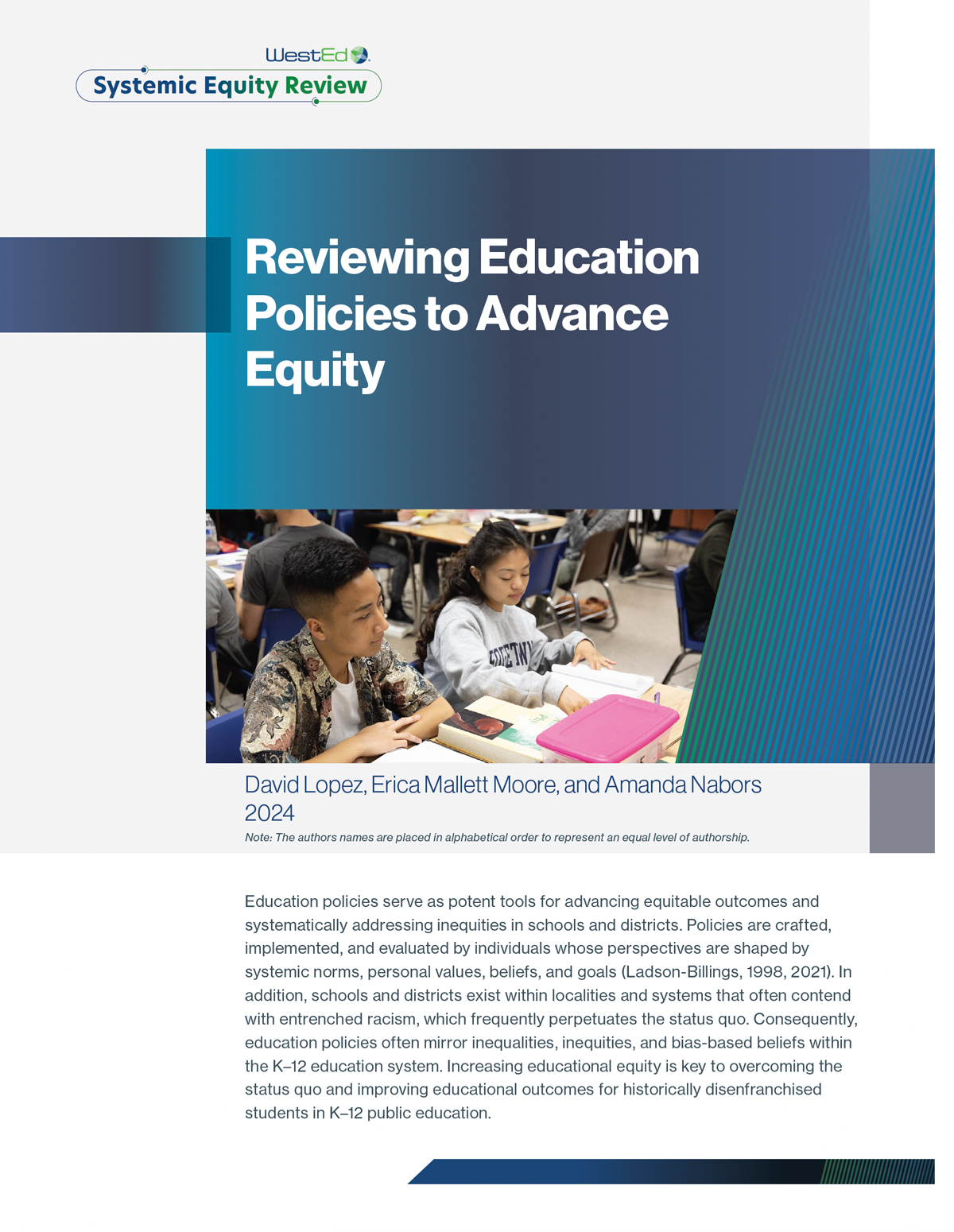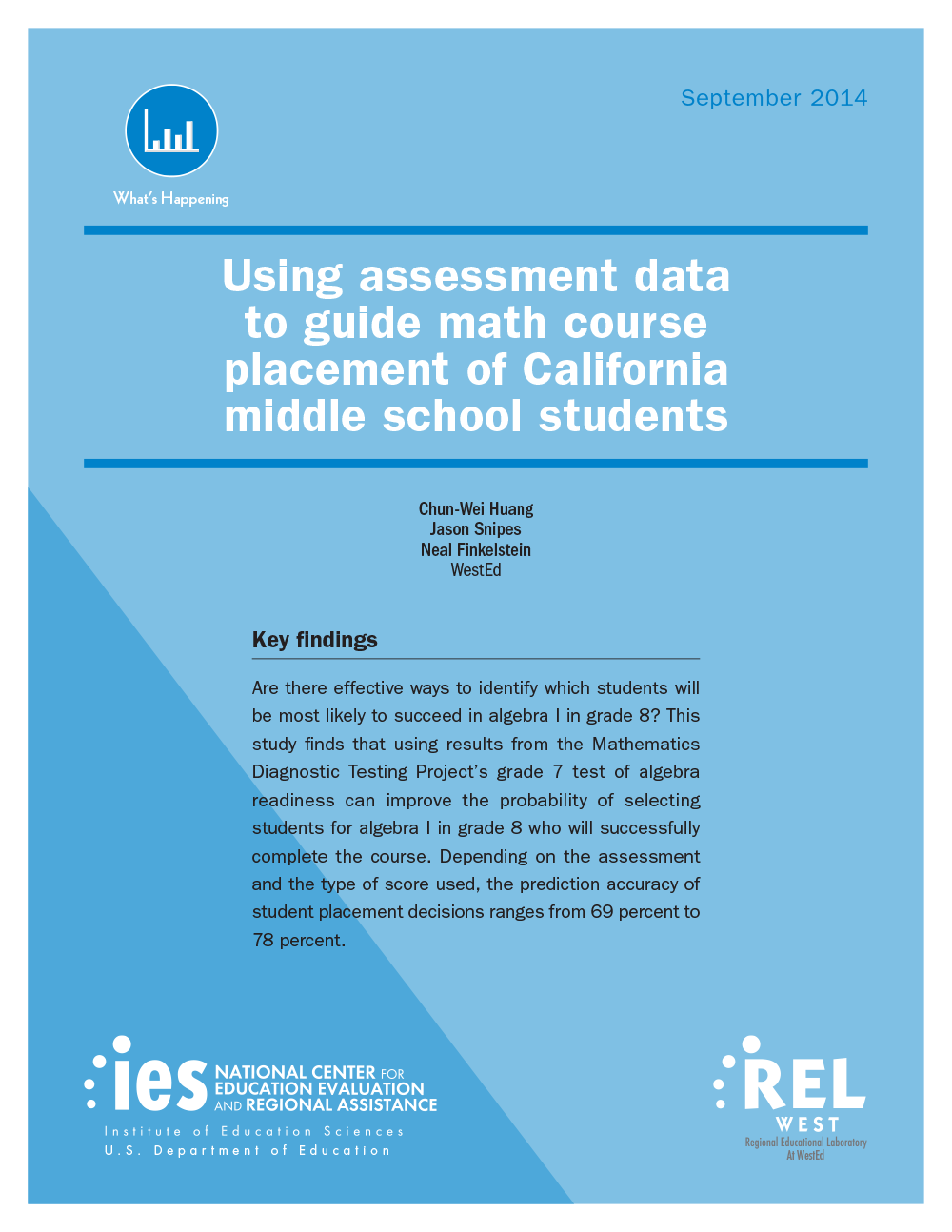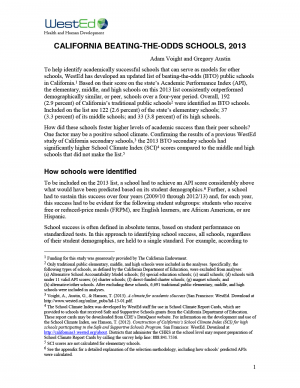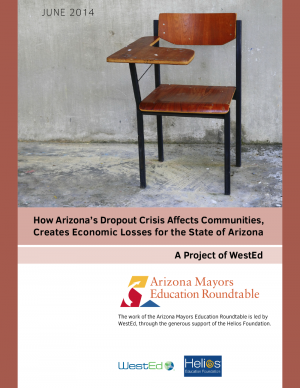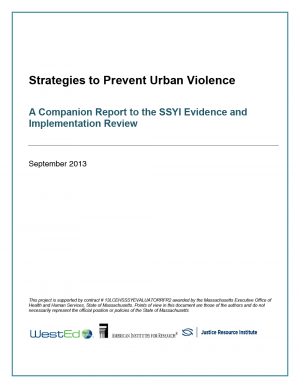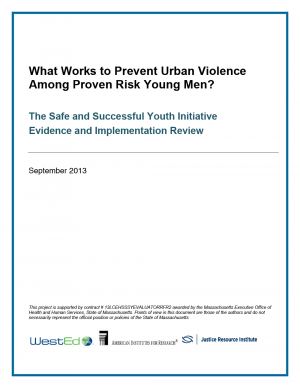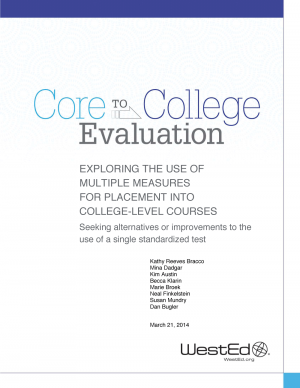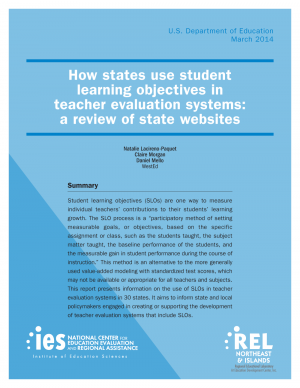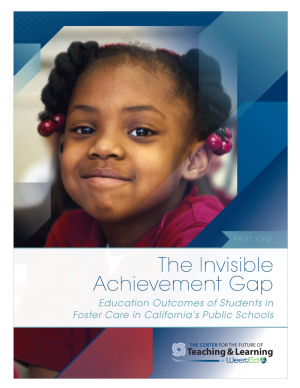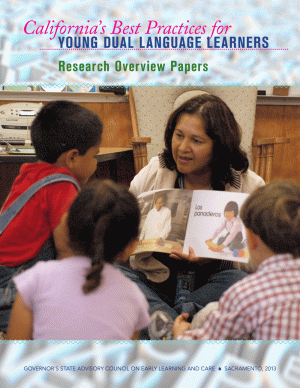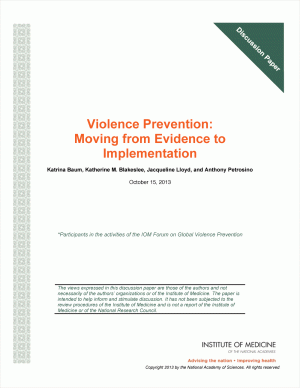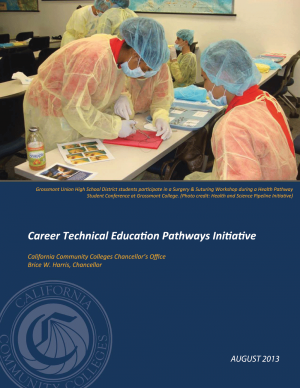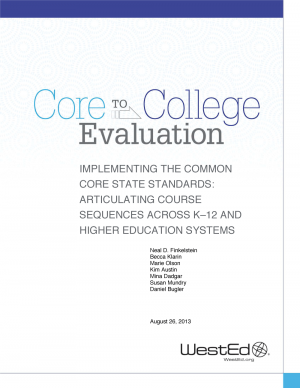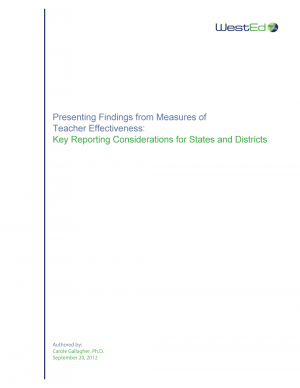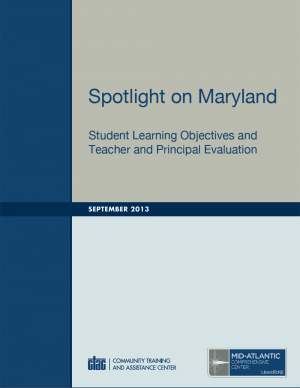Research & Evaluation
-
Using Assessment Data to Guide Math Course Placement of California Middle School Students
Studies have shown that enrolling in algebra I in grade 8 works well for some students but backfires for others. This report provides findings from a study of placements that were based on different test scores available for students in California.
-
The Ones That Got Away: Why Completing a College Degree Is Not the Only Way to Succeed
This brief draws on numerous studies to explore alternative approaches to measuring how well community colleges serve career technical education students.
-
California Beating-The-Odds Schools, 2013
This report confirms previous findings that positive school climate is strongly associated with beating the academic achievement odds among middle and high school students. It also underscores the importance of making school climate improvement a priority in Local Control and Accountability Plans.
-
How Arizona's Dropout Crisis Affects Communities, Creates Economic Losses for the State of Arizona
This report Arizona's social and fiscal losses for high school dropouts and disconnected youth (those not in work or school/college).
-
Strategies to Prevent Urban Violence: A Companion Report to the SSYI Evidence and Implementation Review
Youth violence has had a serious effect on the Commonwealth of Massachusetts. Commissioned by the Massachusetts Safe and Successful Youth Initiative, this report examines the strategies used by the federal government, states, and cities to address serious violence among youth.
-
What Works to Prevent Urban Violence Among Proven Risk Young Men?
The physical, emotional, and financial impact of youth violence on neighborhoods, communities, and states is devastating. This report measures the effectiveness of the Safe and Successful Youth Initiative in Massachusetts and identifies the key factors that determined its outcomes. The report also summarizes best practices and strategies in violence prevention, and provides a policy yardstick by which to measure current practices against other approaches.
-
Core to College Evaluation: Exploring the Use of Multiple Measures for Placement into College-Level Courses
Using multiple measures to place students into college-level courses increases placement accuracy and may better support the transition from high school to entry-level, credit-bearing college coursework. This report explores the use of multiple measures in seven states.
-
How States Use Student Learning Objectives in Teacher Evaluation Systems: A Review of State Websites
This report presents information on the use of student learning objectives (SLOs) in teacher evaluation systems in 30 states, and aims to inform state and local policymakers engaged in creating or supporting the development of teacher evaluation systems that include SLOs.
-
The Invisible Achievement Gap: Education Outcomes of Students in Foster Care in California's Public Schools
This first-of-its-kind report details a previously invisible achievement gap between children in foster care and other students, including students with low-socioeconomic status, English language learners, and students with disabilities.
-
California's Best Practices for Young Dual Language Learners: Research Papers
This publication is designed to provide early childhood educators with the most current research on the development of young dual language learners.
-
Violence Prevention: Moving from Evidence to Implementation
This discussion paper identifies the progress made in using evidence-based violence prevention programs and discusses how evidence is translated into effective community-based programs. Strategies for closing the gap between evidence and implementation are also presented.
-
Career Technical Education Pathways Initiative Annual Report 2013
The Career Technical Education Pathways Initiative prepares students to succeed in the workforce with a seamless career technical education from middle school through community college. This report captures the most recent highlights of the Initiative's progress.
-
Core to College Evaluation: Implementing the Common Core State Standards: Articulating Course Sequences Across K–12 and Higher Education Systems
The Core to College Initiative aims to improve the alignment between K–12 and postsecondary education systems in implementation of the Common Core. Read the findings of a survey designed to examine course-sequencing strategies among the initiative's 12 participating states.
-
Presenting Findings from Measures of Teacher Effectiveness: Key Reporting Considerations for States and Districts
This paper aims to support states and other jurisdictions in the planning, development, and implementation of systems for reporting on teacher- effectiveness measures.
-
Spotlight on Maryland: SLOs and Teacher and Principal Evaluation
Learn how educators in Maryland perceive the state’s teacher and principal evaluation system.
« Previous View More

Stay Connected
Subscribe to the E-Bulletin and receive regular updates on research, free resources, solutions, and job postings from WestEd.
Your download will be available after you subscribe, or choose no thanks.
